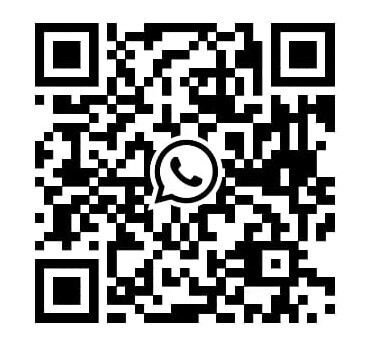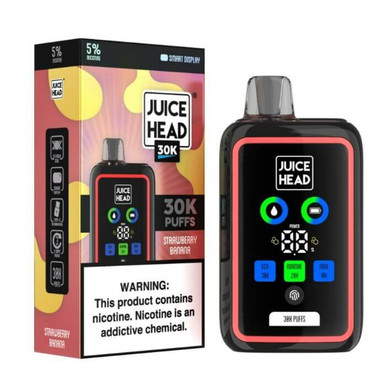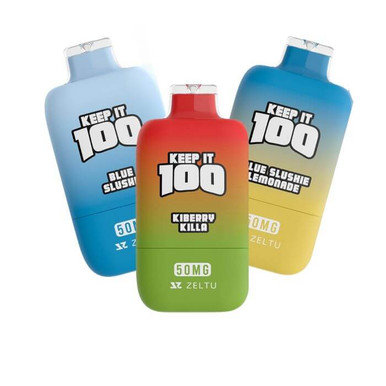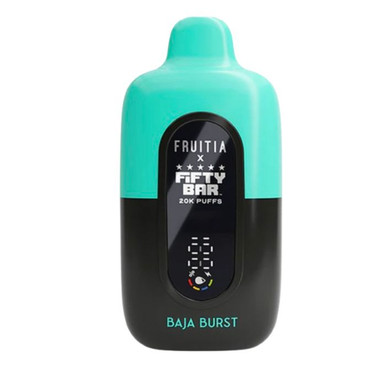Exposed Eliquid Compliance: What “Made in China” Really Means for Texas SB 2024 in 2025
Estimated 0 min read
As regulations on vaping products continue to evolve, Texas Senate Bill 2024 (SB 2024) remains a major talking point for vape wholesalers and retailers in 2025. One key issue has been how the law treats packaging labeled “Made in China.”
Many wholesalers worry that devices carrying this label are illegal in Texas. The truth is more specific: SB 2024 prohibits only the consumable liquid material from being manufactured in China or other adversarial countries, not the device hardware. Understanding this distinction is essential for compliance and business stability.
What Counts as an “E-Cigarette Product” Under SB 2024
The statute defines “e-cigarette product” as the consumable liquid or other material that is aerosolized or vaporized during use. Whether the liquid contains nicotine or not does not matter. The law applies to the liquid itself, not the battery, pod system, or device housing.
This means the phrase “Made in China” on device hardware does not automatically create a violation. What matters for compliance is the origin of the exposed eliquid inside the product.
Why “Made in China” Labels Cause Confusion
Many disposable vapes and pod systems come in packaging that includes “Made in China.” This label usually refers to the hardware, since most batteries and devices are manufactured there. Because SB 2024 restricts only the liquid, not the device, those products can still be sold in Texas as long as the liquid is sourced from compliant countries.
Example Scenarios
-
Compliant: A device is manufactured in China, but the e-liquid is made in the United States. Despite the “Made in China” label, the product is legal.
-
Non-Compliant: Both the hardware and the liquid are manufactured in China. Because the e-liquid is non-compliant, the product cannot be sold in Texas.
-
Compliant: The hardware is labeled “Made in China,” but the e-liquid comes from Switzerland. This product meets SB 2024 requirements.
Compliance Position for Wholesalers
The compliance focus is straightforward:
-
Check the liquid origin: The prohibition applies only to exposed e-liquid manufactured in adversarial countries.
-
Do not rely on packaging alone: A “Made in China” label refers to hardware in most cases and is not an automatic violation.
-
Document sourcing: Keep supplier certificates that prove where your liquid is manufactured, especially when hardware is made in China.
This compliance framework allows wholesalers to continue stocking popular devices while maintaining confidence that they meet state requirements.
Enforcement Realities in 2025
While the law clearly targets liquids, wholesalers should remain cautious. Legislative analyses suggest lawmakers may have intended to limit Chinese-made hardware too, even though the statute does not say that. Because of this, enforcement agencies could scrutinize hardware that carries “Made in China” labeling.
Practical Steps to Minimize Risk
-
Maintain full documentation of liquid origins from manufacturers.
-
Train staff to explain that the law applies to liquids, not devices.
-
Partner with suppliers who provide clear compliance assurances.
-
Be prepared for questions from regulators who may misinterpret the statute.
Business Opportunities for Compliant Exposed E-Liquid
Despite the challenges, SB 2024 creates opportunities for wholesalers who can guarantee compliance. Retailers in Texas will prefer sourcing from partners who provide exposed eliquid from trusted countries such as Switzerland, Germany, Japan, and the United States. These markets are recognized for high safety and quality standards, giving wholesalers a way to differentiate their offerings.
Conclusion
In 2025, Texas SB 2024 still plays an important role in shaping vape retail and wholesale strategy. The law prohibits e-liquid manufactured in adversarial countries, but it does not apply to hardware. This means that even if packaging says “Made in China,” the product can remain compliant as long as the exposed eliquid comes from an approved country. Retailers and wholesalers should remember that while regulators may still question Chinese-made hardware, the statute is clear: compliance is determined by the origin of the liquid, not the device. With proper sourcing, documentation, and supplier transparency, wholesalers can continue serving their clients with confidence.













